A Month in Siena 10/16/2023
"Hidden Gems": It's Mortifying
Not just lazy. Colonialist.
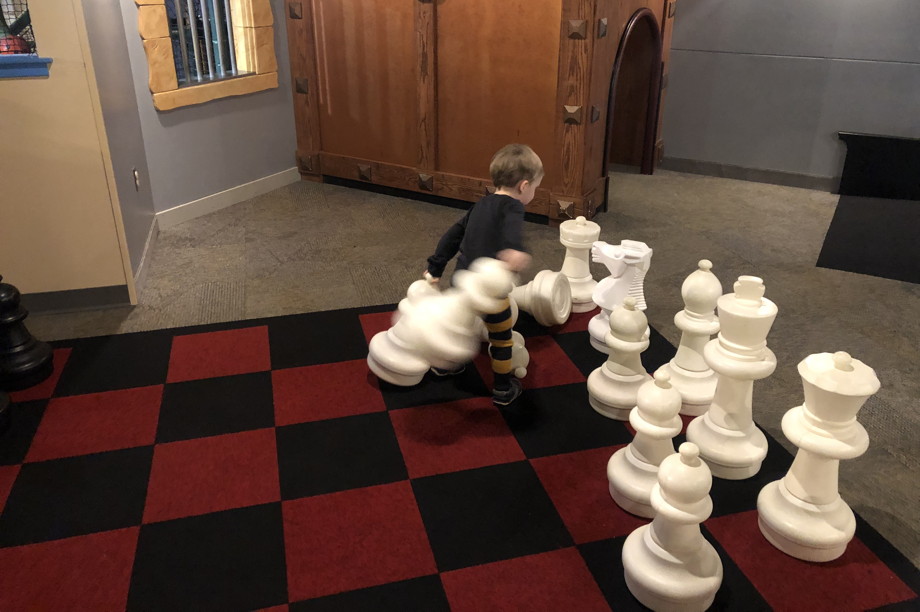
At the Strong National Museum of Play in Rochester, NY, the metaphor is clear. December 2019
Reading time: 2 minutes
Return to Blog Home
September 1st, 2020 at 8:39pm
Please consider disabling your ad blocker, it disrupts site functions in addition to blocking ads. Thank you!
I can't stand the expression.
Like foodie, quirky, bucket list, soak up, nestled, or authentic, "hidden gems" is a limp travel writing cliché. I'm not alone in thinking this, but while lazy writing is subjectively problematic, speaking about travel destinations with the language of colonialism is simply unacceptable.
Calling a city, restaurant, or hotel "hidden" is no different from saying Hernando de Soto "discovered" the Mississippi River.
I understand
Travel contains more than a whiff of colonialism. Yes, we tourists spend money, but what do we do in the process? We show up, make life difficult for the locals, transform the landscape (often in obscene ways), then leave.
In such a light, most people would welcome a "hidden gem" away from the crowds and the noise. It could be a village in Dordogne that, for some reason, everyone drives past, a boutique hotel in Miami which always has a double room available, cheaper than one would expect, or a food truck in Singapore that never has a line.

Pemaquid Point Light, Bristol, Maine. Oct 2017 |
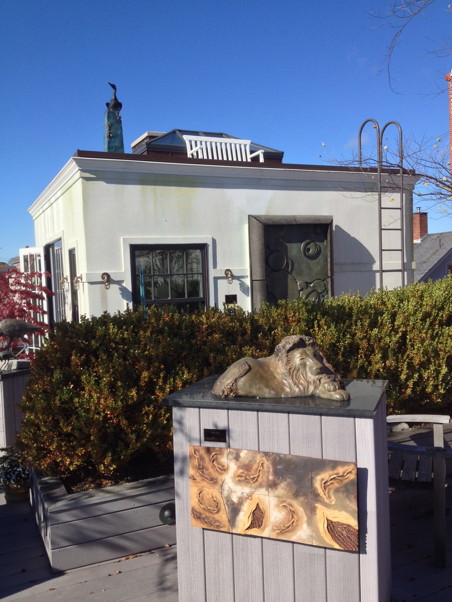
Rooftop sculpture garden and apartment, Harbor Square Gallery, Rockland, Maine. Oct 2017 |
An enormous problem exists, however. The "hidden gem"
- Is only undiscovered by outsiders
- Is uniquely precious to outsiders
- Could lose its value to everyone if too many outsiders visit
Is this ringing any bells? Let's break it down to hear the carillon.
It's undiscovered
We use the expression "hidden gem" to describe something which locals already know about, visit, and patronize.
The real question, therefore, is: hidden from whom? The answer is simple: from the consumptive, potentially destructive gaze of tourists. "Hidden" describes how that place exists in relation to us as a group.
We slap that label on a location other tourists don't know about in order to give the place a special kind of value (more on that in a minute), but calling a city, restaurant, or hotel "hidden" is no different from saying Hernando de Soto "discovered" the Mississippi River.

Computer bank from NASA Mission Control at the International Women's Air and Space Museum, Cleveland. Dec 2019 |
It's uniquely precious
We know what Europeans wanted when they arrived in the New World (which wasn't new to its inhabitants): to save the souls of the godless, naked savages who hadn't found Jesus. Of course I'm kidding. They came for wealth. Natural resources. Silver. Gold. Gemstones. They came to plunder and cash in. They killed children for that shit.
Calling a place a "gem" isn't troublesome in itself. It's the pairing that makes the word thorny. It implies these colonial treasures exist to be:
- Coveted
- Hoarded
- Stolen
We can't steal a place, but we can destroy it, which is the same thing—and that is occasionally what ends up happening.
It's more valuable hidden, until it's not
Unfortunately, being a "hidden gem" won't shield places from overtourism. It just tees them up for the future travel consumption machine unless they stay well and truly "hidden."
They almost never do.
The crush of mostly Western tourists may, over time, obliterate the location. Then no one can enjoy it. I call this phenomenon the Bourdain Paradox.
If we manage to hoard the "hidden gem," we are Gollum as traveler, pickled in Western privilege. This place that isn't mine to possess in the first place? It's all mine!
As is usually the case, however—because we just can't help ourselves—we expose the hidden gem as scarce and special. (Type "travel hidden gems" into a search engine and see how many articles appear.) Then the gem is in danger of being inundated with tourists.

Congo Square, New Orleans. Oct 2018 |
At that point, the gem begins to lose its value. Our Instagram feed will look like everyone else's. We won't be nearly as cool at book club. Or the crush of mostly Western tourists may, over time, obliterate the location (this was common pre-pandemic). Then no one can enjoy it. I call this latter phenomenon the Bourdain Paradox.
"Less crowded"?
COVID solved overtourism—at least temporarily.
Perhaps we can use this time to reflect on the intrinsically colonial mindset of "hidden gems."
We use the expression "hidden gem" to describe something which locals already know about, visit, and patronize. The real question, therefore, is: hidden from whom?
"Hidden gem" isn't just a lazy cliché. A travel destination's qualities don't exist in relation to us, the place isn't hidden to locals, and it's not a precious object for us to hoard or steal.
Why not just call it "less crowded"?
Recent Posts
Eyewitness Travel: France 4/24/2023
L'Africain du Groenland 8/2/2022
On the Plain of Snakes 5/17/2022
Volcanoes, Palm Trees, and Privilege 3/22/2022
L'axe du loup 2/28/2022
The Art of Travel 12/31/2021
Postcard: Los Angeles 11/5/2021
Afropean 8/6/2021
Roadrunner 7/22/2021
Popular Tags
Archive
Show moreAbout
Recent Tweets
If you toggle the switch above the words "Recent Tweets" and it still says, "Nothing to see here - yet," it means the idiot who broke Twitter either hasn't gotten around to fixing this feature, or intentionally broke it to get us to pay for it (which is moronic, I can easily live without it and it generated traffic to his site).

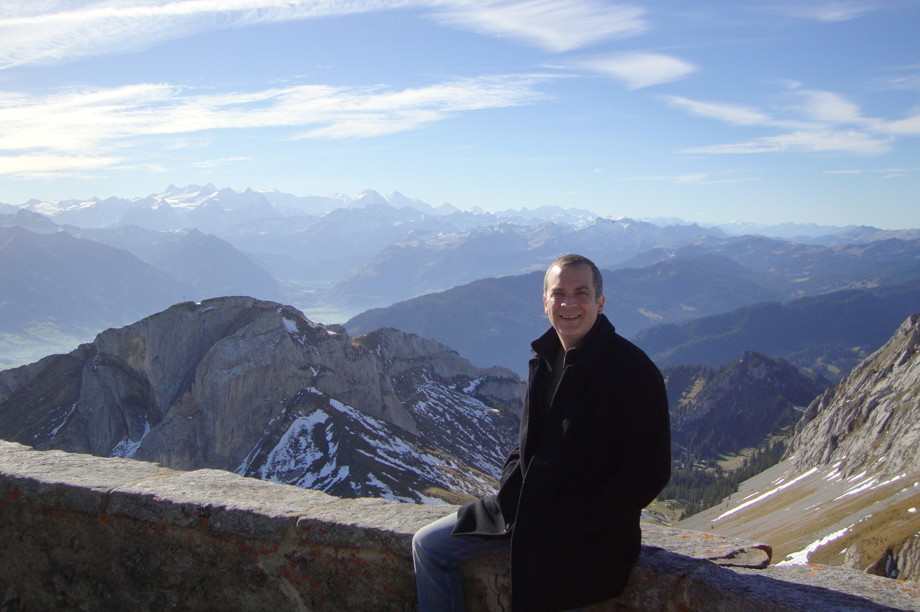
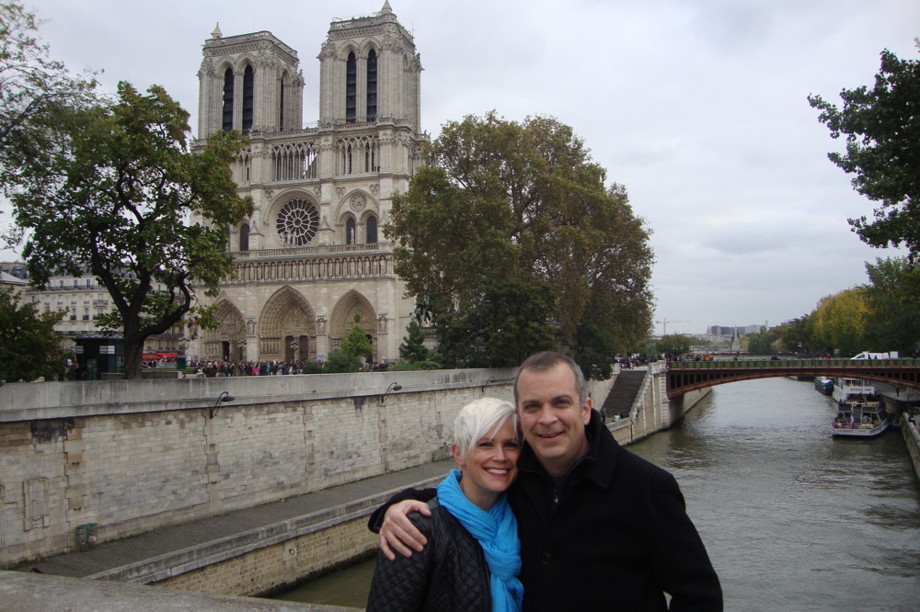

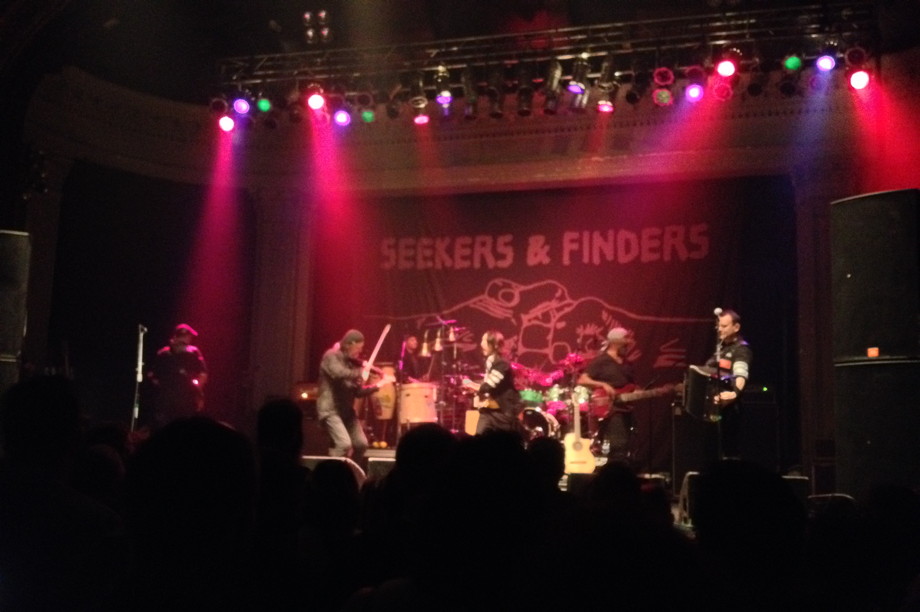
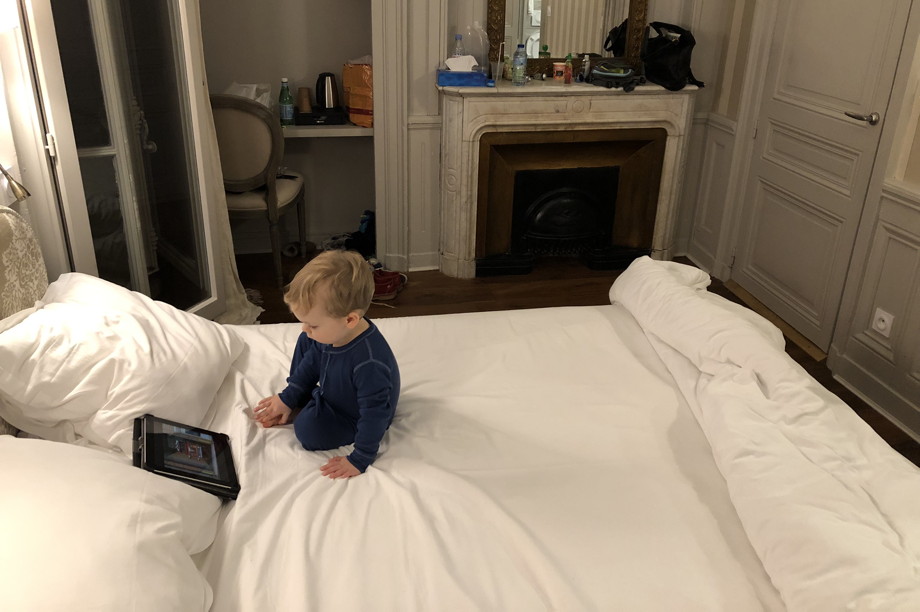
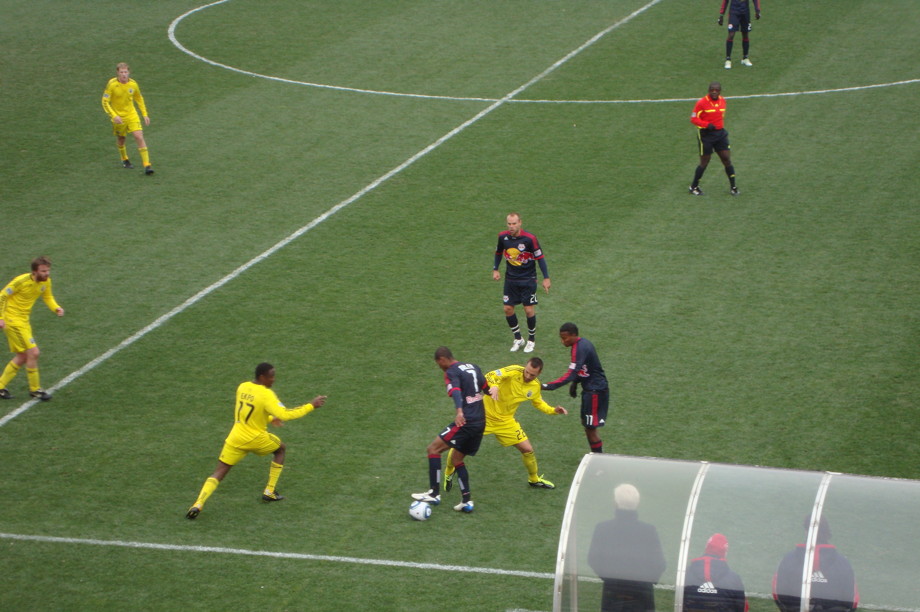

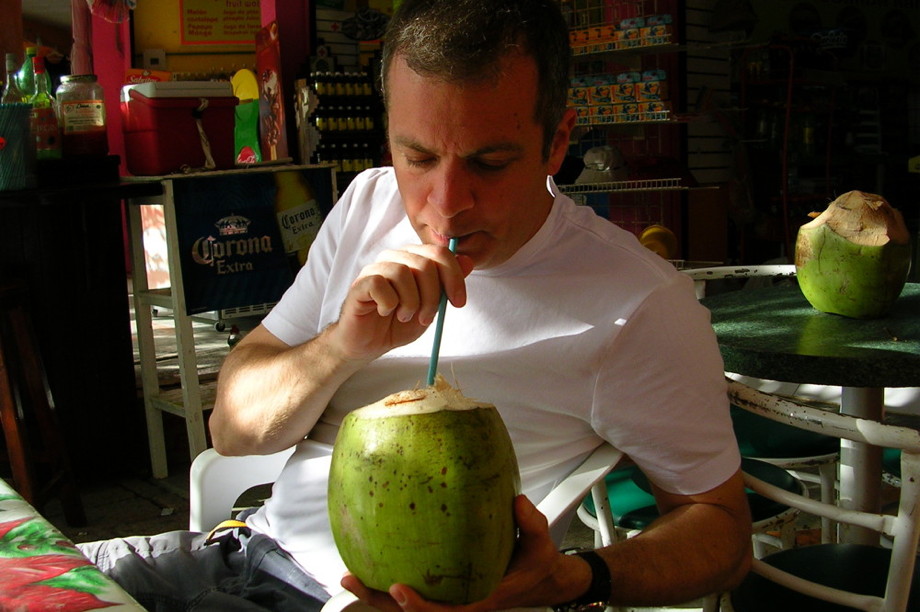
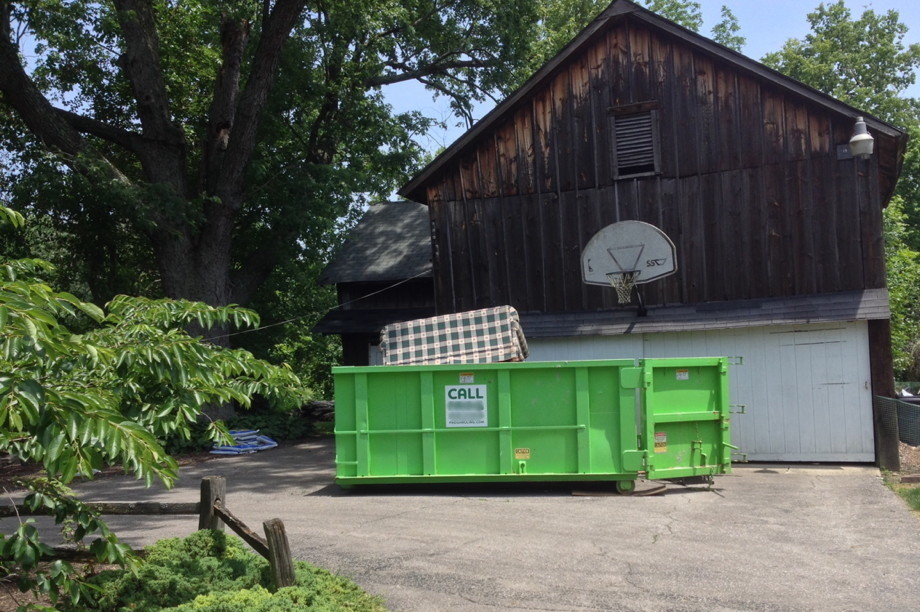

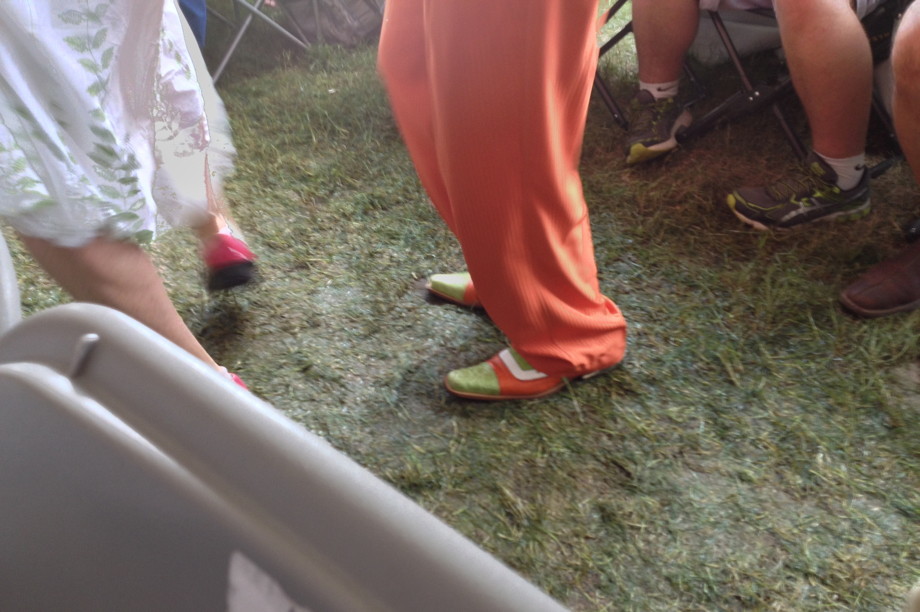
Add a comment
Comments